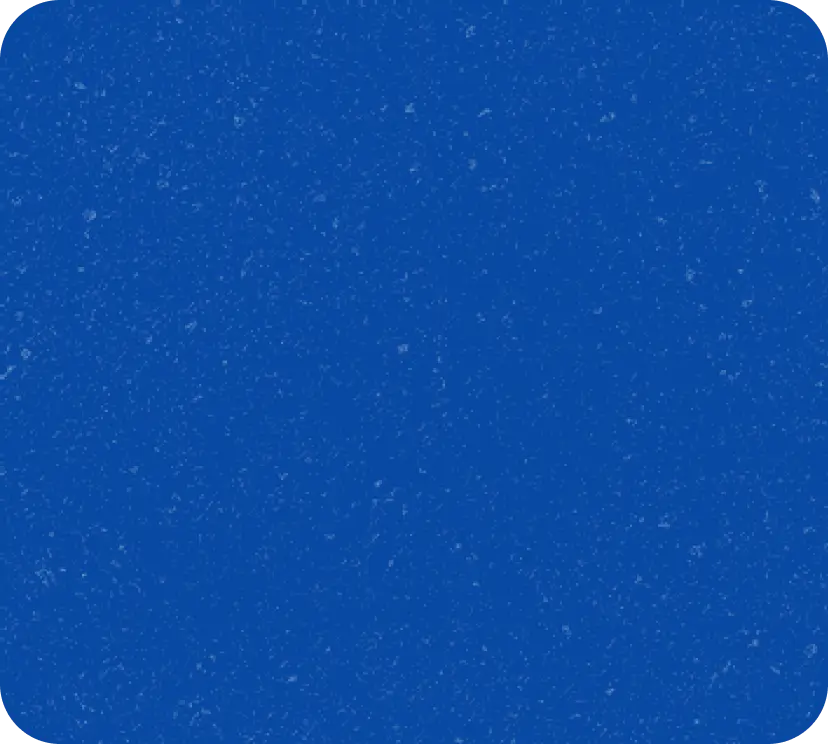Our free, after school youth coding program is designed to take students from zero coding experience to understanding the basics of Machine Learning and Artificial Intelligence in 12 weeks. We believe in making learning practical and fun, so our students learn how to code by building computer games.


– Walter Gombarume, Head of Education at Uncommon.org
The language of the future is code, and the future is now. Here are a few of the main reasons why everyone, especially children, should be learning how to code:

At its core, coding is about solving problems. Learning how to think critically and logically about challenges are skills programmers carry with them for life.


Coding is all about experimenting, creating and imagining solutions to problems that one can try to solve in real-time. Programmers are constantly challenged to think outside the box.


Computer science is one of the few professional disciplines where it's entirely acceptable to be near-constantly failing. Learning resilience at an early age is key for long-term success.


Our goal is to make each class thought provoking, practical and fun.
We train our instructors in the Socratic Method, teaching them to ask questions rather than lecture. And we believe in learning by doing, so our students will learn how to code by building computer games.

Over 12 weeks, students will learn the following core computer science concepts by building computer games.
Our goal is to make learning how to code fun and approachable, not scary or intimidating. So we use tools designed with exactly that in mind.

Scratch is a drag-and-drop coding program built by world-class educators at the Massachusetts Institute of Technology. Translated into 100+ languages and used by millions of learners all over the world, Scratch is the premier tool designed to help anyone get started on their computer coding journey. Recommended age 7+

WoofJS was designed to be the perfect bridge between Scratch and JavaScript. The team behind WoofJS took the Scratch coding blocks and gave them text-based code that could be easily written by new learners. Going from dragging and dropping code blocks to writing JavaScript can be daunting - WoofJS makes it easy and fun! Recommended age 14+
We're on a mission to help every child in Zimbabwe learn how to code and we know we can't do it alone.
Our team works tirelessly to build solutions and create custom partnerships with educational institutions of any size. Whether you're a large government school or a small private school, we would love to work together to introduce coding into your classrooms.
We look forward to hearing from you soon!

While our after school programs are entirely free for our partner government schools, we offer paid courses to private & charter schools to help subsidize the costs of our free program. Please get in touch if you'd like to bring coding to your school.